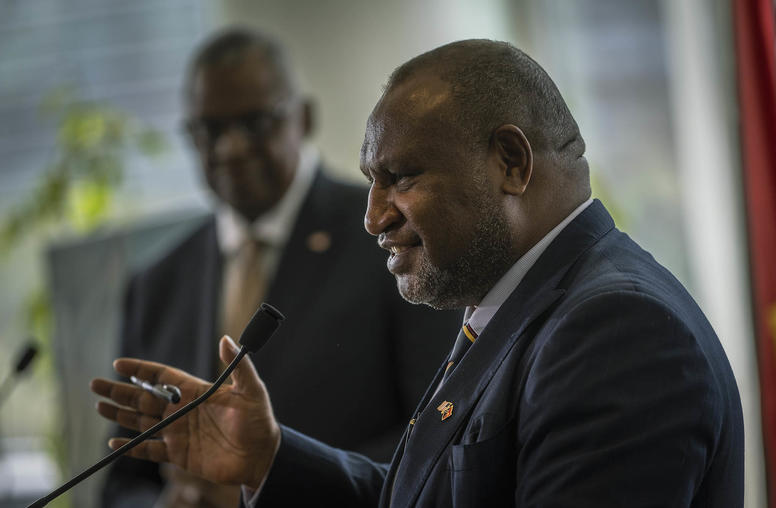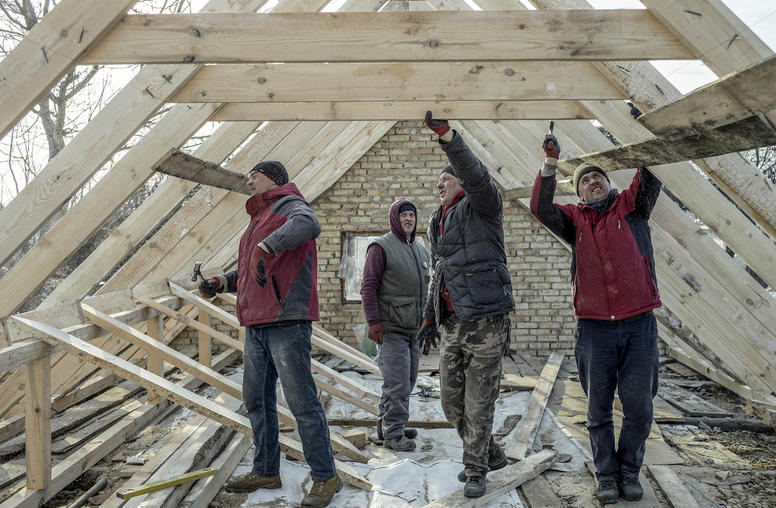The Nexus of Climate Change, Fragility, and Peacebuilding
Read the Event CoverageThe Biden administration is taking action to center climate change in its foreign policy and national security agendas, preparing to dramatically curb U.S. emissions, and has recognized climate change’s connection to injustice. Yet, one thing has been missing from the administration’s climate agenda: The linkages between climate change action and opportunities to build peace. While climate impacts can drive conflict and insecurity, well-designed climate action can foster collaboration and promote peace, and strategic investments in peacebuilding can yield climate resilience.
The Global Fragility Act (GFA) and “U.S. Strategy to Prevent Conflict and Promote Stabilization” could provide an important avenue to elevate and leverage the Biden administration’s bold climate agenda to address instability and build peace. Bridging the policy gap between climate action and peacebuilding is a crucial first step to a more climate resilient and peaceful future. In fact, research shows sustainable peace requires a climate-sensitive lens, and sustainable climate responses require a conflict-sensitive lens.
On April 13, USIP and the Wilson Center hosted a timely discussion with experts on the linkages between climate and fragility, and how a more integrated approach to climate and fragility policies and responses can simultaneously strengthen resilience outcomes and minimize threats to peace and prosperity.
Continue the conversation on Twitter with #ClimateAndPeacebuilding.
Speakers
Joe Hewitt, introductory remarks
Vice President, Policy, Learning, and Strategy, U.S. Institute of Peace
Cynthia Brady, moderator
Global Fellow, Woodrow Wilson Center
@TheWilsonCenter
Dina Esposito
Vice President of Technical Leadership, Mercy Corps
@DinaEsposito10
Alice Hill
David M. Rubenstein Senior Fellow for Energy and the Environment, Council on Foreign Relations
Former Senior Director, Resilience Policy, National Security Council
@Alice_C_Hill
Liz Hume
Acting President and CEO, Alliance for Peacebuilding
@Lizhume4peace
Erin Sikorsky
Deputy Director, The Center for Climate and Security
Former Deputy Director, Strategic Futures Group, National Intelligence Council
@ErinSikorsky



